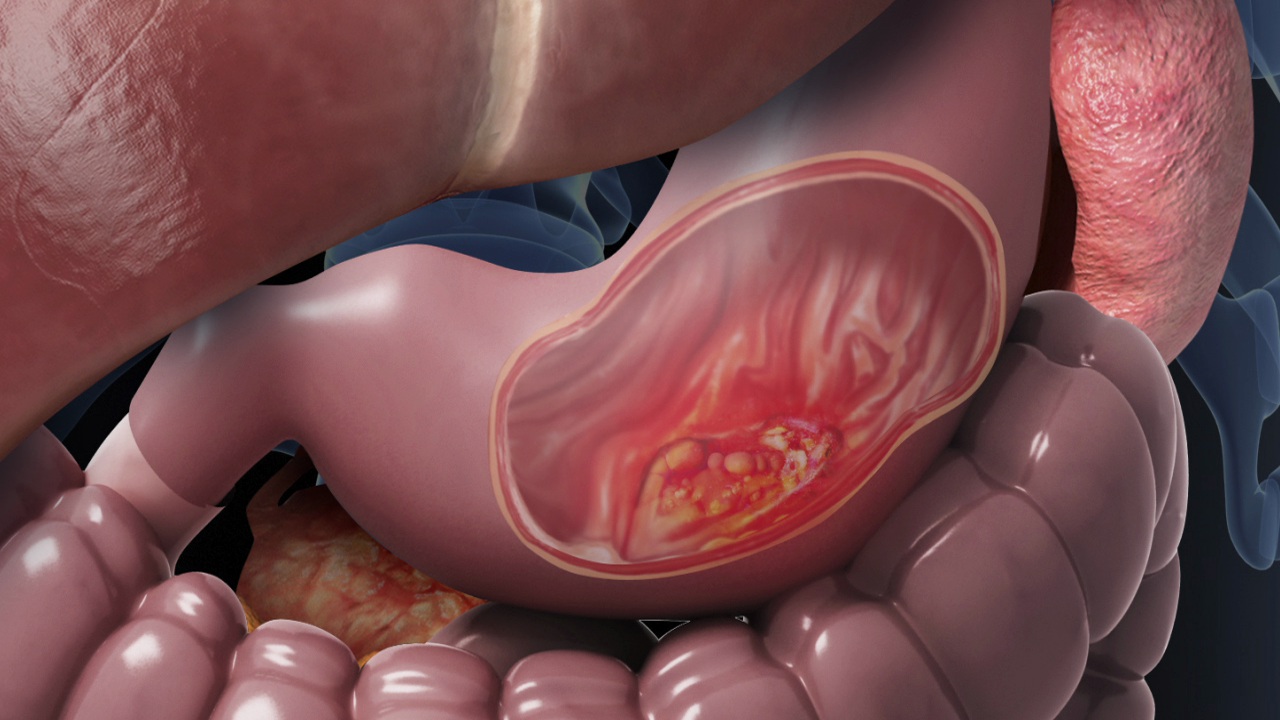Nursing Care Plan for Gastric Cancer

Introduction:
Gastric cancer, also known as stomach cancer, is a malignant tumor that originates in the lining of the stomach. It is a serious condition that requires comprehensive care and support. As a nurse, your role is essential in the management and support of patients with gastric cancer. This nursing care plan aims to outline evidence-based interventions to assess, manage, and support patients with gastric cancer.
Patient Assessment:
- Name: [Patient’s Name]
- Age: [Patient’s Age]
- Gender: [Patient’s Gender]
- Medical History: [Brief summary of patient’s medical history]
- Stage of Gastric Cancer: [Identify the stage and extent of gastric cancer]
- Medical Diagnosis: Gastric Cancer
- Date of Admission: [Date of Admission]
- Date of Care Plan: [Date of Care Plan]
Subjective Data:
- Patients may report symptoms such as abdominal pain, indigestion, early satiety, and unintended weight loss.
- Patients may express concerns about the diagnosis, treatment options, and prognosis.
Objective Data:
- Physical examination findings may include abdominal tenderness or palpable masses.
- Laboratory results may indicate anemia or abnormal tumor markers.
- Imaging studies, such as computed tomography (CT) scan or endoscopy, may reveal the presence of gastric tumors.
Nursing Diagnosis:
- Impaired Tissue Integrity related to the presence of gastric cancer and potential for metastasis.
- Imbalanced Nutrition: Less than Body Requirements related to decreased appetite, altered digestion, and potential for weight loss.
- Anxiety related to diagnosis, treatment, and uncertainty about the future.
- Deficient Knowledge regarding gastric cancer, treatment options, and self-care measures.
- Acute Pain related to tumor growth and invasion as evidenced by the patient’s verbalization of abdominal pain or discomfort.
- Imbalanced Nutrition: Less than Body Requirements related to impaired appetite, early satiety, and unintended weight loss as evidenced by decreased dietary intake and weight loss.
- Anxiety related to the diagnosis of gastric cancer, treatment uncertainties, and potential lifestyle changes as evidenced by the patient’s expressions of worry, restlessness, or sleep disturbances.
Gastric Cancer Nursing Interventions:
Impaired Tissue Integrity:
- Assess the patient’s physical condition and signs of disease progression, such as pain, bleeding, or obstruction.
- Collaborate with the healthcare team to develop a plan of care that addresses pain management, wound care, and management of potential complications.
- Provide education on self-assessment for signs of complications and the importance of reporting any changes promptly.
- Offer emotional support and reassurance to the patient and caregivers during the disease progression and treatment process.
Acute Pain:
- Assess the patient’s pain level using a pain scale and ask about the location, intensity, and quality of the pain.
- Administer prescribed pain medications as ordered to provide relief from abdominal pain.
- Encourage the patient to rest in a comfortable position and use relaxation techniques to help manage the pain.
- Apply heat or cold therapy to the abdomen, as appropriate, to alleviate discomfort.
- Collaborate with the healthcare team to explore additional pain management strategies, such as complementary therapies or palliative care services, if necessary.
Imbalanced Nutrition: Less than Body Requirements:
- Assess the patient’s nutritional status, dietary intake, and weight changes.
- Collaborate with the healthcare team, including a registered dietitian, to develop an individualized nutrition plan that meets the patient’s specific needs.
- Educate the patient and caregivers about dietary modifications, such as small, frequent meals, nutrient-dense foods, and supplements if necessary.
- Monitor the patient’s nutritional status regularly and make appropriate adjustments to the plan based on their response and changing needs.
Anxiety:
- Assess the patient’s anxiety level, coping mechanisms, and support systems.
- Provide a calm and supportive environment to help alleviate anxiety and promote relaxation.
- Implement anxiety-reducing techniques, such as deep breathing exercises, guided imagery, or music therapy.
- Encourage the patient and caregivers to engage in support groups or counseling services to address emotional concerns and enhance coping strategies.
Deficient Knowledge:
- Assess the patient’s understanding of gastric cancer, treatment options, and potential side effects.
- Provide education on gastric cancer, including its causes, staging, treatment modalities, and potential complications.
- Collaborate with the healthcare team to ensure the patient and caregivers receive comprehensive information on treatment options, including surgery, chemotherapy, radiation therapy, and targeted therapies.
- Offer written materials, reliable resources, or access to support groups to further enhance knowledge and provide ongoing support.
Gastric Cancer Nursing Evaluation:
- Preservation of tissue integrity and management of potential complications associated with gastric cancer.
- Achievement of balanced nutrition and prevention of malnutrition-related complications.
- Reduction in anxiety levels and enhanced coping mechanisms.
- Improved knowledge and understanding of gastric cancer, treatment options, and self-care measures.
- The patient experiences a reduction in abdominal pain or discomfort.
- The patient demonstrates improved nutritional intake and stabilization of weight.
- The patient expresses a reduced level of anxiety and exhibits coping mechanisms to manage emotional distress.
- The patient actively engages in self-care strategies and seeks appropriate support when needed.
Documentation:
Regularly document the patient’s physical assessments, pain management interventions, nutritional status, educational interventions, and the patient’s response to treatment. Collaborate with the interdisciplinary healthcare team to review and update the care plan based on the patient’s condition and evolving needs.
Note: This nursing care plan is a general guideline and should be individualized based on the patient’s specific needs, stage of gastric cancer, treatment plan, and healthcare provider’s recommendations.
